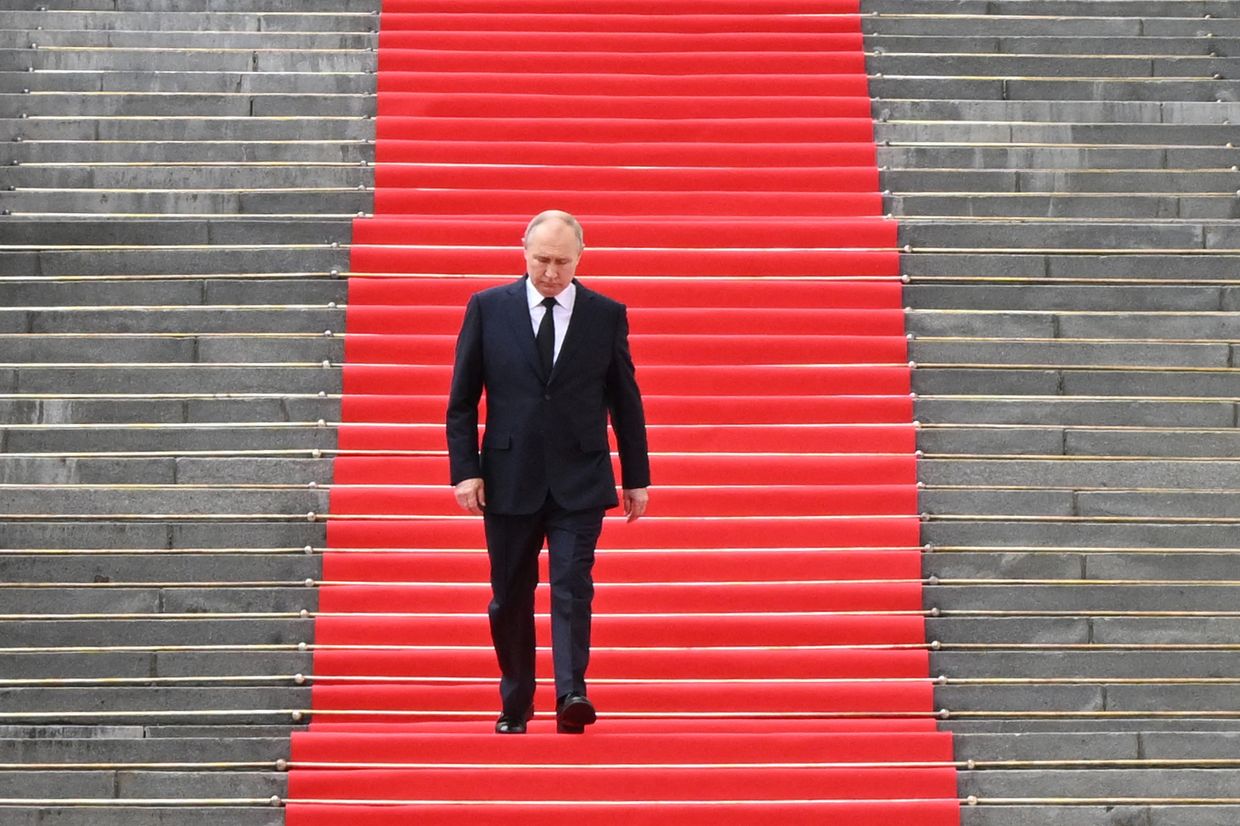Russia's inflation hits year-high, driven by war spending, food price hikes, Rosstat says

Inflation in Russia has reached its highest levels in nearly a year, driven by war spending and rising food prices, The Moscow Times reported on Dec. 25, citing Russia's Federal State Statistics Service (Rosstat).
To curb accelerating inflation fueled by war expenditures, Russia's Central Bank has raised its interest rate from 7.5% in July 2023 to the current 21% — the highest level since the early 2000s.
Consumer prices rose 0.33% during the week of Dec. 17-23, pushing year-to-date inflation to 9.5%, surpassing the 2022 annual rate of 7.4%. Annual inflation now stands at 9.7%, with food prices surging by 11.41% — the steepest increase since October 2022.
Essential goods have seen dramatic price hikes since the start of the year, including potatoes (90.5%), onions (46.6%), cabbage (46.6%), and butter (35%).
The Central Bank’s aggressive interest rate hikes have drawn criticism, particularly from Russia’s military-industrial complex. Sergei Chemezov, CEO of state-owned defense giant Rostec, warned in October that continued rate increases could bankrupt businesses.
However, Central Bank Governor Elvira Nabiullina maintains that the high rate is essential to curb inflation, a view echoed by opposition politician Vladimir Milov.
Milov told the Kyiv Independent in November, “Chemezov is right that businesses will have to shut down at such a high rate. Nabiullina is right that the rate cannot be cut because... there will be hyperinflation like in Turkey.”
The Central Bank is expected to reassess the feasibility of further rate hikes in its next meeting as it struggles to balance inflation control with economic stability.
Rising costs of basic goods, coupled with internal economic pressures from the war, highlight the financial challenges Russia faces under its strained war economy.












